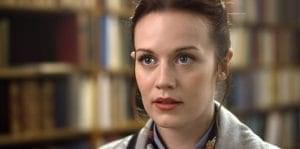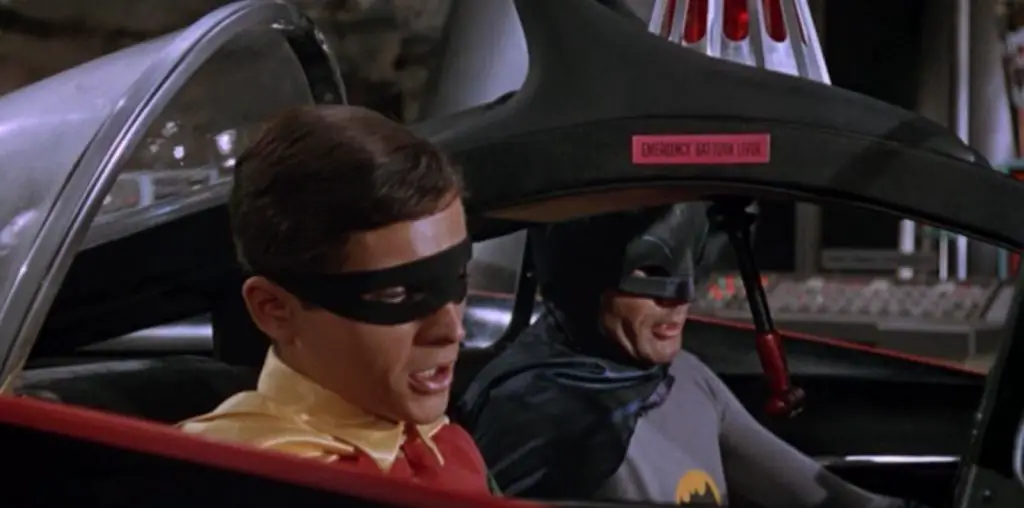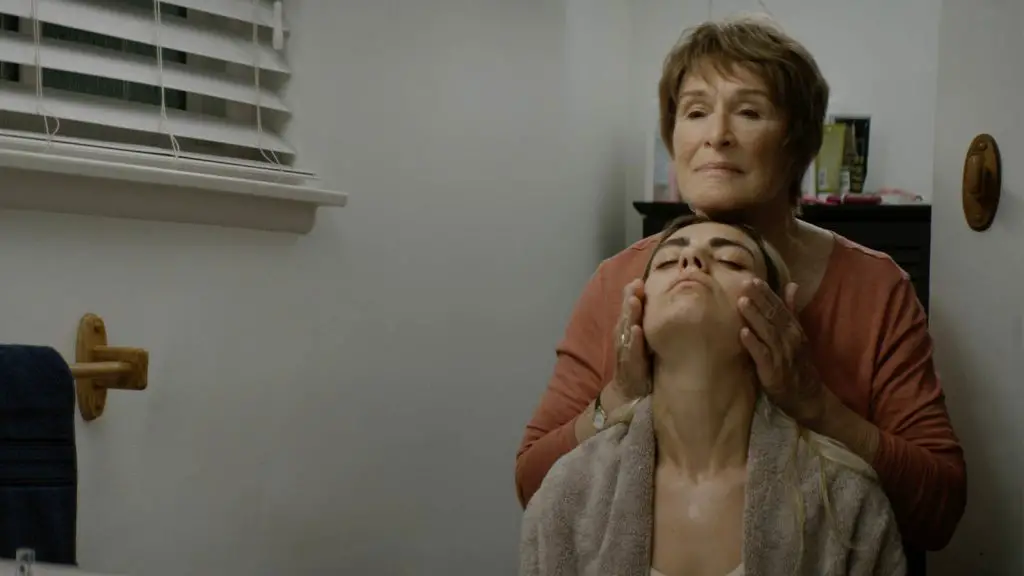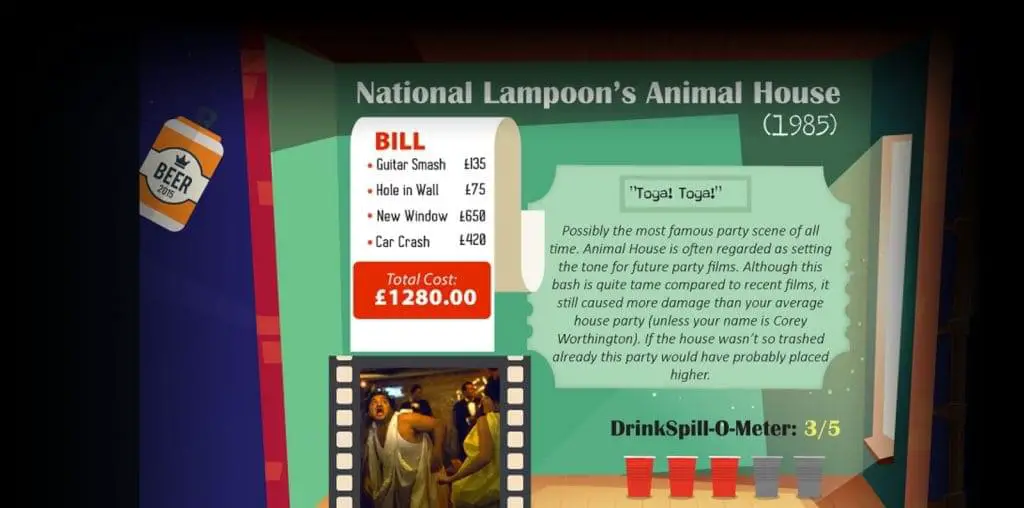
Admittedly, I’m somewhat torn about Oliver Krimpas’ feature film Around The Sun. It’s an interesting film, thanks to an ambitious script by Jonathan Kiefer. As a critic, I have to answer the question, “would I recommend this film to my friends?” As I stare at a blank computer screen, the answer is a “qualified yes.” Emphasis on “qualified.”
The story centers on its two leads: Maggie (Cara Theobold) and Bernard (Gethin Anthony). It takes place at a neglected French chateau, frequented by famous philosopher and science writer Bernard le Bovier de Fontenelle. Our protagonist Bernard is a location scout looking for a site to convert into some sort of a headquarters for an unnamed business. Maggie is the real estate agent assigned to show Bernard around.
Over the course of the film, a relationship is formed between the two leads. Bernard is married and at the start of the film receives a photo on his phone showing a positive home pregnancy test. He’s not exactly thrilled about the news. Maggie is also not a happy person. She just recently ended a long-term relationship and is locked into a life of real estate, instead of pursuing her interest in science, philosophy, and some other pretty nerdy stuff.

“…takes place at a neglected French chateau, frequented by famous philosopher and science writer Bernard le Bovier de Fontenelle.”
As the two leads walk around the property, Maggie goes on about the property and Fontenelle’s book, Conversations on the Plurality of Worlds, a story about a philosopher and an aristocratic woman walking the grounds discussing philosophy and science. As interesting (or uninteresting) as this sounds, Around The Sun has a little sci-fi plot device if you will. Various scenes, moments, and time are replayed on some sort of cosmic loop. I really shouldn’t go on any further.
Watching Around The Sun requires a little work on your part. You just can’t passively watch the film. Every scene drops clues about what is actually happening in the story, and the talk of science and philosophy can be a little frustrating to follow. You have to think about what is being said about the universe, or you’ll get lost. But hey, that’s real life…right?
As the sci-fi replays start to happen, you’ll find the real story is between Maggie and Bernard and their subtle will-they/won’t-they flirtation. Each replay/loop ends with a quick break of the fourth wall, and in an instant, a clue is dropped. I’m not always a fan of having to work so hard to figure out a film, but those little moments still stick with me now in a goose-bumpy kind of way.

“…reminds me of Avengers: End Game, but if all the film’s consequences centered on two people, instead of half the universe…”
In the end, I have a great deal of admiration for the final product. Jonathan Kiefer’s script is insightful and in a way reminds me of Avengers: End Game, but if all the film’s consequences centered on two people, instead of half the universe. Director Oliver Krimpas pieces together a beautifully shot final film, and hits all the right beats at the right time covertly bringing in the sci-fi tropes into what is basically a love story. The film is also a lean 79-minutes long. Thank God. And while I’m patting people on the back, actors Theobold and Anthony’s performances are good, especially when they had to replay the story with important variation.
There’s a saying that I’m sure sci-fi filmmakers say all the time. “It’s not will audiences get it, but will the right audience get it.” Around The Sun is one of those films. If I told ninety percent of my friends, “you need to see this film.” They’d say I’m nuts. But there’s that ten percent that would watch it, and follow-up with an interesting conversation immediately afterward.
Around The Sun (2018) Directed by Oliver Krimpas. Written by Jonathan Kiefer. Starring Cara Theobold, Gethin Anthony.
7 out of 10 stars



The science that Bouvier de Fontenelle may have believed he had perceived was, like all prematurely ripe forms of knowledge, a signal that more knowledge might be in the offing. Within the repeating, adjusted phases of the two actors’ developing sense of understandng was (or could have been) a new vision. I’m reminded of the way that Beethoven’s A Minor Quartet swept through Europe, later influenced the poet T.S. Eliot, and became part of history itself. Layers of existential innovation could be said to have surfaced in the conversations we heard in “Around the Sun.” As Shakespeare wrote, “There are more things in heaven and earth…than are dreamt of in your philosophy’.” That was the melody one could hear a bit in “Around the Sun.”